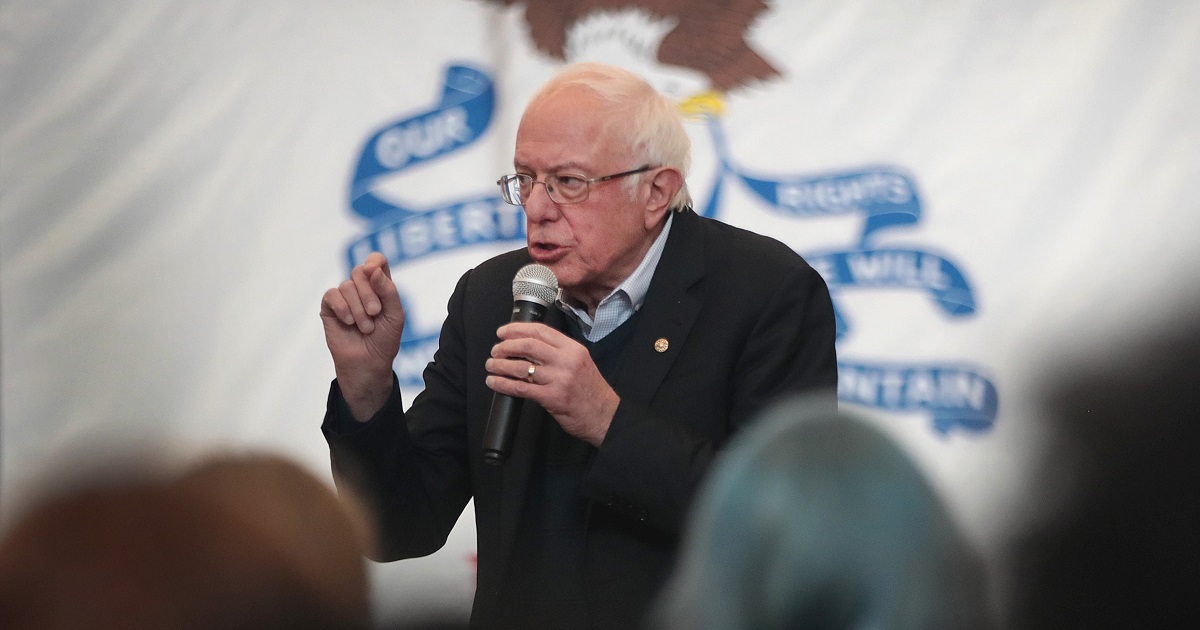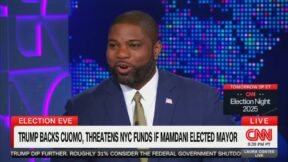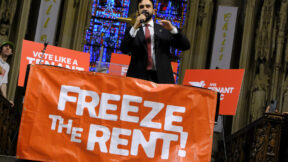CNN: Bernie Sanders’ Plans Could Cost $60 Trillion or More in Extra Federal Spending

Scott Olson/Getty Images
A new CNN analysis estimates that Independent Vermont Senator and Democratic presidential candidate Bernie Sanders’ campaign agenda could cost $60 trillion over ten years, and possibly much more.
On Saturday, CNN analyst Ron Brownstein published a lengthy report on Sanders’ proposals — ranging from his $30-$40 trillion Medicare for All program to his plan to cancel all student debt — that put the price tag at an estimated $60 trillion in additional federal spending, while noting that Sanders hasn’t offered details on many of his proposals:
Exact cost projections on all of Sanders’ proposals aren’t available, in part because he hasn’t fully fleshed out some of the ideas he’s embraced (such as universal pre-K and child care). But a wide variety of estimates put the likely cost of the single-payer health care plan he has endorsed around $30 trillion or more over the next decade. Depending on the estimates used, including projections from his own campaign, the other elements of the Sanders agenda — ranging from his “Green New Deal” to the cancellation of all student debt to a guaranteed federal jobs program that has received almost no scrutiny — could cost about as much, or even more than, the single-payer plan. That would potentially bring his 10-year total for new spending to around $60 trillion, or more.
The report also notes estimates from former Republican budget official Brian Riedl that say Sanders’ proposed tax increases would only raise $23 trillion, and which place the high end of the price tag for Sanders’ proposals at $97.5 trillion.
Former Obama and Clinton official Larry Summers compared the Sanders price tag to those of the other candidates in the race, and found only Massachusetts Senator Elizabeth Warren came remotely close, while former Vice President Joe Biden was the bargain of the bunch:
This year, he broadly estimates, former Vice President Joe Biden is proposing spending increases probably equivalent to roughly 1.5% of the economy, Pete Buttigieg roughly 2% and Sen. Elizabeth Warren an amount equal to about 12%.
Sanders laps all of them, as well as the New Deal precedent: Even a very conservative $50 trillion 10-year cost for Sanders’ plan would translate into a roughly 20 percentage point increase in federal spending relative to the economy, according to the calculations by Summers, who also once served as chief economist at the World Bank.
Brownstein’s report did not take into account any of the positive effects, economic or otherwise, of Sanders’ proposals.




